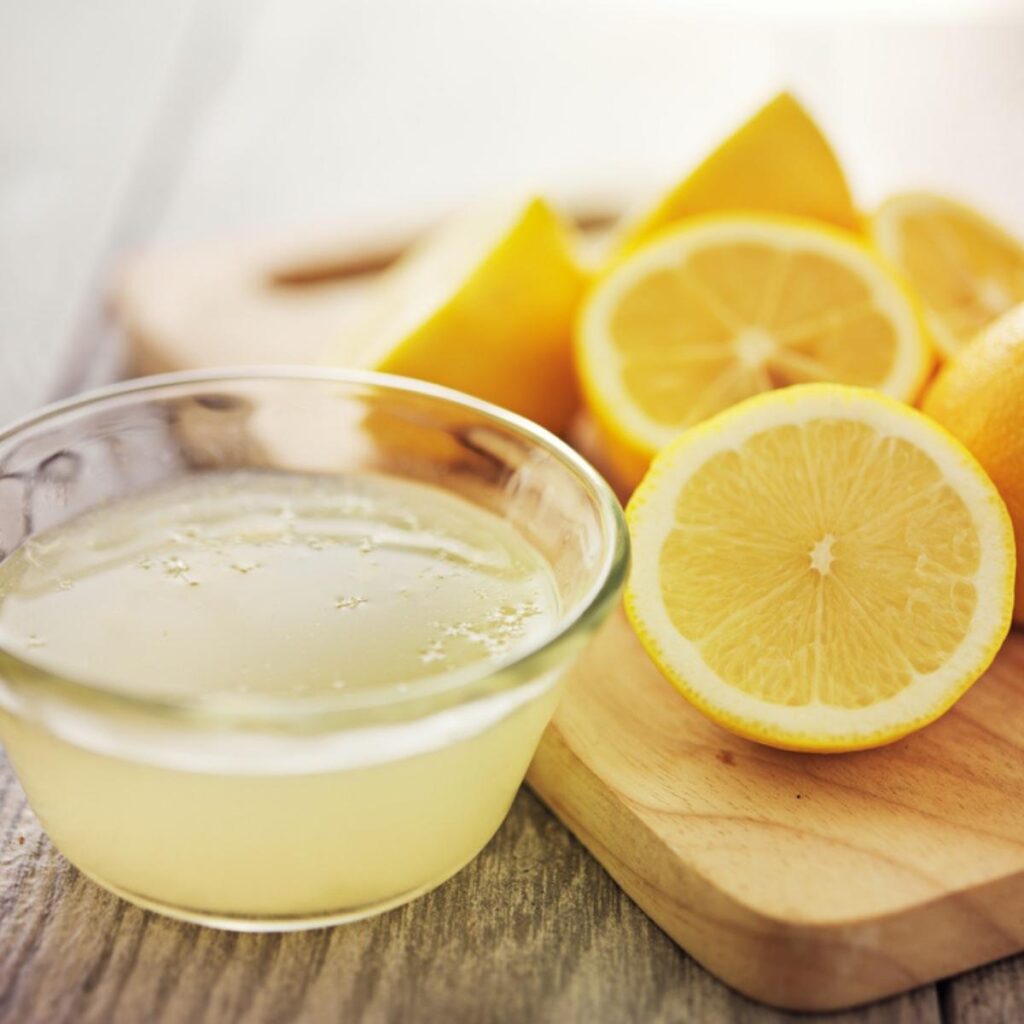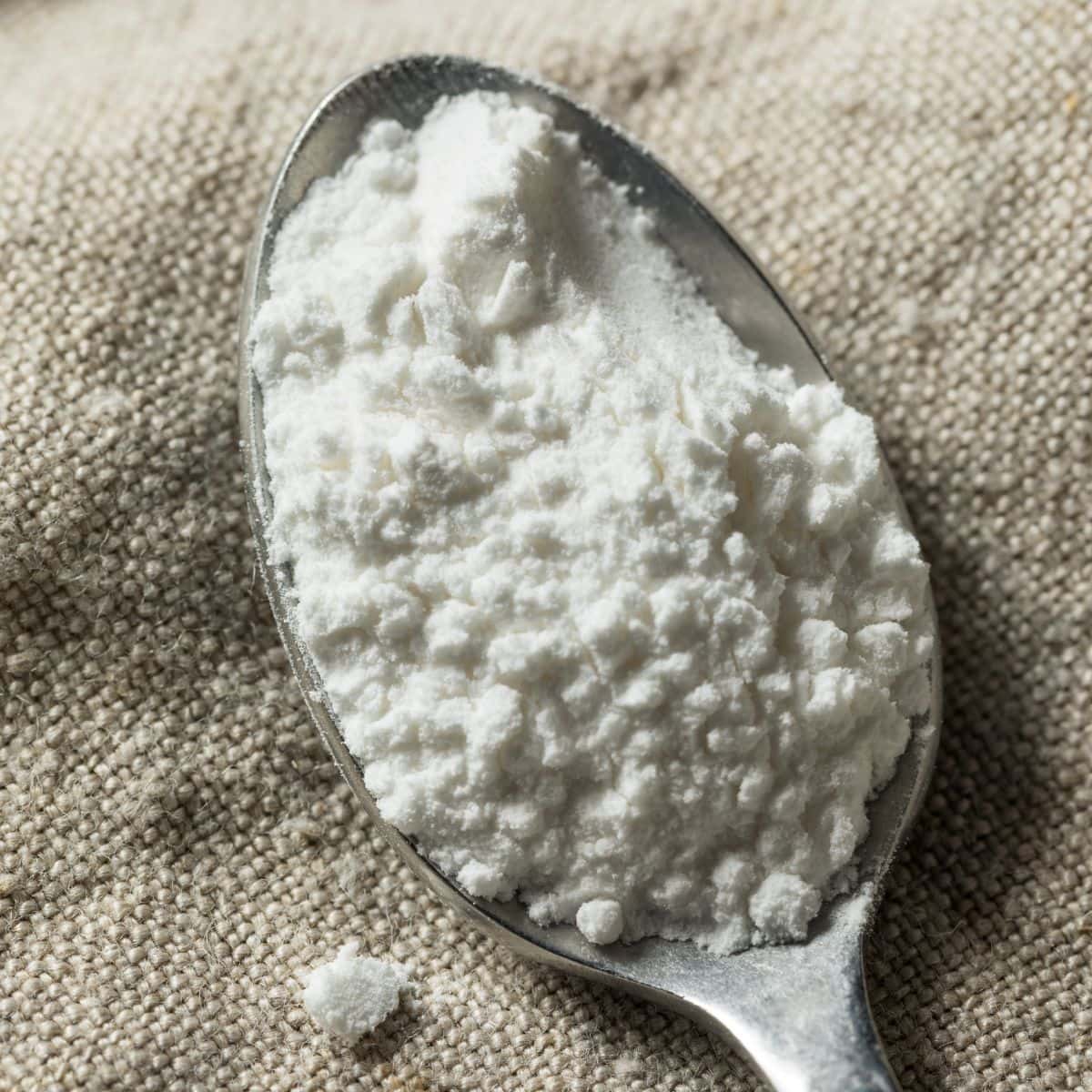So, you're in the middle of baking your favorite recipe, and suddenly you realize you're out of cream of tartar. Panic sets in, right? Don’t worry, we’ve all been there. Cream of tartar is an essential ingredient in many recipes, but it’s not always easy to find, especially when you're in a pinch. Lucky for you, there are plenty of cream of tartar substitutes that can save the day without compromising the quality of your baked goods.
Before we dive into the world of cream of tartar substitutes, let’s talk about what cream of tartar actually is. It’s a byproduct of winemaking, a white powder that’s technically known as potassium bitartrate. This magical ingredient helps stabilize egg whites, adds acidity to recipes, and prevents sugar from crystallizing. But hey, if you don’t have it on hand, there are other options that can do the job just as well.
In this article, we’ll explore everything you need to know about cream of tartar substitutes, including the best alternatives, how to use them, and why they work. Whether you're whipping up meringues or making fluffy pancakes, we’ve got you covered. Let’s get started!
Here's a quick table of contents to help you navigate through this guide:
- What Is Cream of Tartar?
- Why Use Cream of Tartar Substitutes?
- The Best Cream of Tartar Substitutes
- Substitutes for Meringues
- Substitutes for Baking
- Substitutes for Sugar Syrup
- Tips for Using Substitutes
- Common Mistakes to Avoid
- Frequently Asked Questions
- Conclusion
What Is Cream of Tartar?
First things first, let’s break down what cream of tartar actually is. Cream of tartar is a byproduct of the winemaking process. During fermentation, tartaric acid forms on the sides of wine barrels, and when harvested and purified, it becomes cream of tartar. This fine white powder is a key ingredient in many recipes because it acts as an acidifier, stabilizer, and leavening agent.
It’s often used in baking to stabilize egg whites, prevent sugar from crystallizing, and balance flavors in recipes. But if you don’t have it, don’t sweat it. There are plenty of alternatives that can step in and do the job.
Key Benefits of Cream of Tartar
Here’s why cream of tartar is so important in baking:
- Stabilizes egg whites: It helps egg whites whip up into stiff peaks, perfect for meringues and macarons.
- Prevents sugar crystallization: It’s essential in making sugar syrups for candies and caramel.
- Acts as a leavening agent: When combined with baking soda, it creates a baking powder substitute.
Why Use Cream of Tartar Substitutes?
Let’s face it, sometimes life gets in the way, and you just don’t have cream of tartar on hand. Maybe you’re in the middle of baking, or maybe you’re out of town and can’t make a quick trip to the store. Whatever the reason, having a few substitutes up your sleeve can save you a lot of trouble.
Plus, some people prefer to avoid using cream of tartar altogether. If you’re looking for a more natural or homemade option, there are plenty of alternatives that can work just as well. From lemon juice to vinegar, there’s something for everyone.
The Best Cream of Tartar Substitutes
Now, let’s talk about the good stuff. Here are some of the best cream of tartar substitutes you can use in your recipes:
Lemon Juice
Lemon juice is one of the most common substitutes for cream of tartar. It adds a tangy flavor and helps stabilize egg whites, just like cream of tartar. Use about 1 tablespoon of lemon juice for every 1 teaspoon of cream of tartar called for in your recipe.
White Vinegar
White vinegar is another great option. It’s a bit stronger than lemon juice, so you’ll want to use it sparingly. A good rule of thumb is to use 1 tablespoon of white vinegar for every 1 teaspoon of cream of tartar.
Yogurt
Who knew yogurt could be a substitute for cream of tartar? Plain yogurt can add acidity to your recipes and help stabilize egg whites. Use about 1 tablespoon of yogurt for every 1 teaspoon of cream of tartar.
Substitutes for Meringues
If you’re making meringues, you’ll want to choose a substitute that can help stabilize egg whites. Here are a few options:
- Lemon juice: As mentioned earlier, lemon juice is a great option for stabilizing egg whites. Use 1 tablespoon for every 1 teaspoon of cream of tartar.
- Cornstarch: Cornstarch can help thicken and stabilize egg whites. Mix 1 teaspoon of cornstarch with 1 tablespoon of water and add it to your egg whites.
- Egg whites from the fridge: Cold egg whites whip up better than room temperature ones. This simple trick can help you achieve stiff peaks without needing cream of tartar.
Substitutes for Baking
When it comes to baking, you’ll want to choose a substitute that can act as a leavening agent. Here are some options:
Baking Powder
If your recipe calls for baking soda and cream of tartar, you can simply use baking powder instead. Baking powder already contains cream of tartar, so it’s a one-to-one substitute. Easy peasy!
Buttermilk
Buttermilk is another great option for adding acidity to your baked goods. It can help activate baking soda and give your recipes a tender crumb. Use about 1 cup of buttermilk for every 1 teaspoon of cream of tartar.
Substitutes for Sugar Syrup
When making sugar syrups, you’ll want to choose a substitute that can prevent sugar from crystallizing. Here are a few options:
- Glucose syrup: Glucose syrup is a great option for preventing sugar crystallization. Use it in the same amount as cream of tartar.
- Barley malt syrup: Barley malt syrup is another option that can help prevent sugar from crystallizing. Use it in the same amount as cream of tartar.
Tips for Using Substitutes
Now that you know some of the best cream of tartar substitutes, here are a few tips to help you use them effectively:
- Experiment with flavors: Some substitutes, like lemon juice and vinegar, can add a tangy flavor to your recipes. If you’re not a fan of that flavor, try using yogurt or cornstarch instead.
- Adjust measurements: Not all substitutes are created equal, so you may need to adjust the measurements depending on the substitute you choose.
- Test in small batches: If you’re unsure about a substitute, try it in a small batch first to see how it works in your recipe.
Common Mistakes to Avoid
Here are a few common mistakes to avoid when using cream of tartar substitutes:
- Using too much: Some substitutes, like lemon juice and vinegar, can be overpowering if you use too much. Stick to the recommended measurements.
- Not adjusting other ingredients: If you’re using a substitute that changes the flavor or texture of your recipe, you may need to adjust other ingredients to balance it out.
- Not testing in advance: If you’re unsure about a substitute, test it in a small batch first to avoid ruining your entire recipe.
Frequently Asked Questions
Here are some frequently asked questions about cream of tartar substitutes:
Can I use cream of tartar substitutes in all recipes?
Not necessarily. Some recipes may require cream of tartar specifically, so it’s always a good idea to test substitutes in small batches first.
Are cream of tartar substitutes healthier?
That depends on the substitute. Some substitutes, like yogurt and buttermilk, are more natural and may be considered healthier options.
Can I store cream of tartar substitutes?
Some substitutes, like lemon juice and vinegar, can be stored for long periods of time. Others, like yogurt and buttermilk, should be used fresh.
Conclusion
There you have it, folks. Cream of tartar substitutes can save the day when you’re in a pinch. From lemon juice to vinegar, there are plenty of options that can work just as well as cream of tartar. Just remember to experiment with flavors, adjust measurements, and test in small batches to ensure your recipes turn out perfectly.
So, the next time you’re out of cream of tartar, don’t panic. Grab one of these substitutes and get baking. And don’t forget to leave a comment or share this article with your fellow bakers. Happy baking, y’all!


